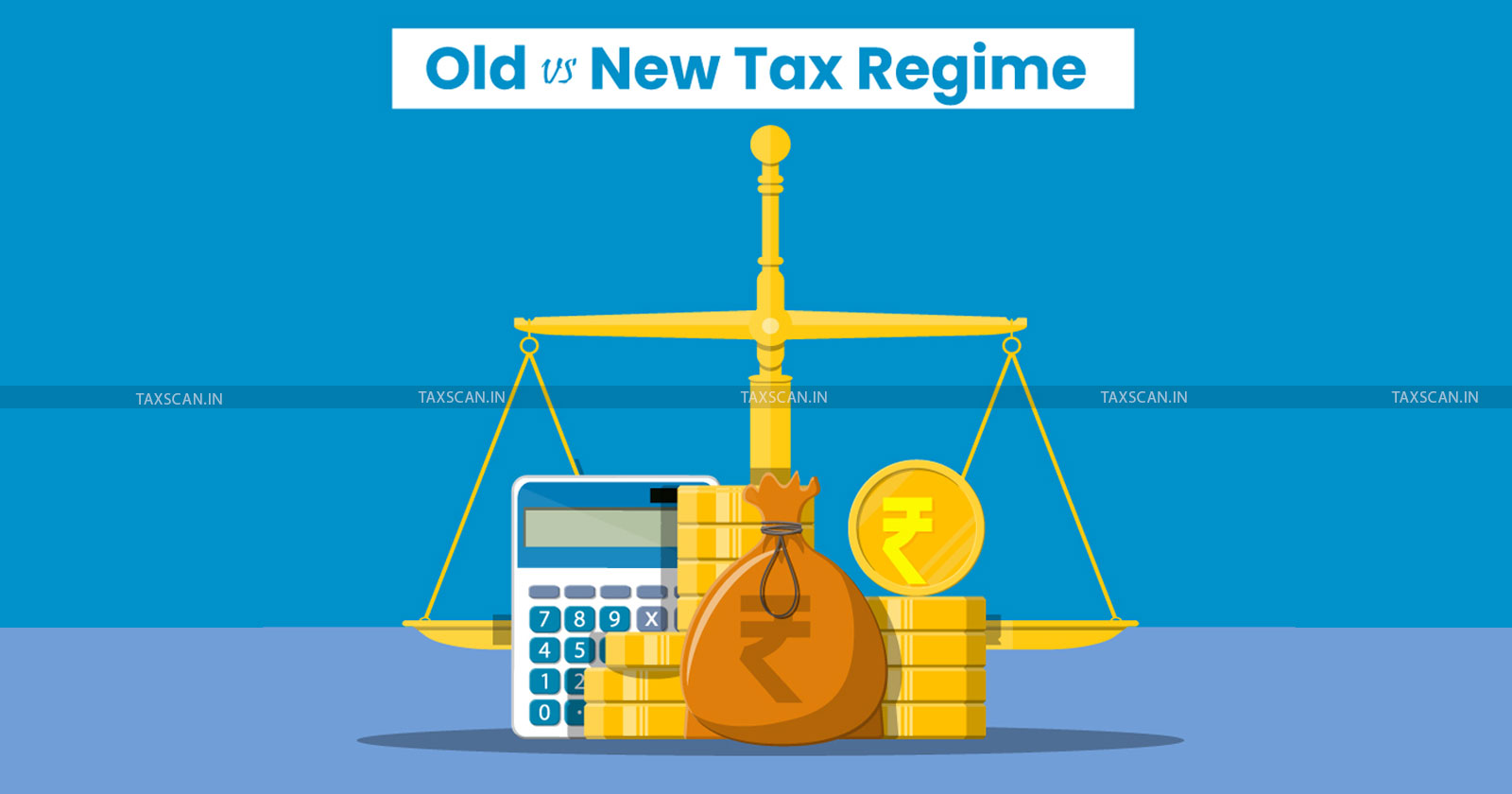Can Taxpayers claim an increased Rebate in Income Tax Old Regime? Does Government plan to scrap Old Regime?
It is a much-debated topic whether the Union Government aims to scrap the old regime, especially with the former steps taken by the Union, it is quite clear that they are promoting the new tax regime

The Union Budget 2025-26 was presented by the Union Finance Minister Nirmala Sitharaman before the parliament on February 1st at 11 AM. Taxation has been seen as the one of main focuses of the 2025 budget landscape.
It is a much-debated topic whether the Union Government aims to scrap the old regime, especially with the former steps taken by the Union, it is quite clear that they are promoting the new tax regime.
The minister, in her speech, strongly said that the budget aims to enhance the spending power of India’s middle class, so does this mean the increased rebates will only be available to the middle class opting for the new regime?
Get a Copy of Direct Taxes Law and Practices Including Tax Planning with Free E-Book Access, Click Here
During the press address at 4 pm yesterday, the finance minister made no reference to the previous tax system, and the budget document is also mute on the subject. While one goes through the Finance Bill 2025, it can be perused that to avail of the higher rebates, one must belong to the new tax regime.
With regard to the rebates given on income tax, the FM, during her speech, stated that a resident individual with a total income of up to Rs. 7 lakhs does not pay any tax due to a rebate under the new tax regime. It has been proposed by the FM to increase the rebate for the resident individual under the new regime so that they do not pay tax if their total income is up to Rs. 12 lakhs.
It is advised that choosing the new tax regime eliminates the requirement for taxpayers to invest in tax-saving instruments like PPF and guaranteed return insurance policies. This allows individuals greater financial flexibility and increased disposable income. With more money at their disposal, people can allocate their funds as per their financial goals rather than being restricted by tax-saving obligations. Obviously, the decision as to whether a taxpayer should switch from the old tax regime to the new tax regime depends on collection factors such as the deductions claimed, income earned, source of income, etc.
Get a Copy of Direct Taxes Law and Practices Including Tax Planning with Free E-Book Access, Click Here
From the government's point of view, higher disposable income could stimulate consumer spending, driving economic growth. Additionally, reducing dependence on schemes like PPF lowers the government’s interest payment liabilities, easing its fiscal burden.
The official sources have stated that more than 75% of Indian taxpayers have switched or adopted the new tax regime. It can be concluded that the Union might not scrape away the old regime, as such, but with the introduction of the new Income Tax Act, the old tax regime is going to lose its significance to the point that it will fade away completely.
To Read the full text of the Finance Bill CLICK HERE
Support our journalism by subscribing to Taxscan premium. Follow us on Telegram for quick updates


